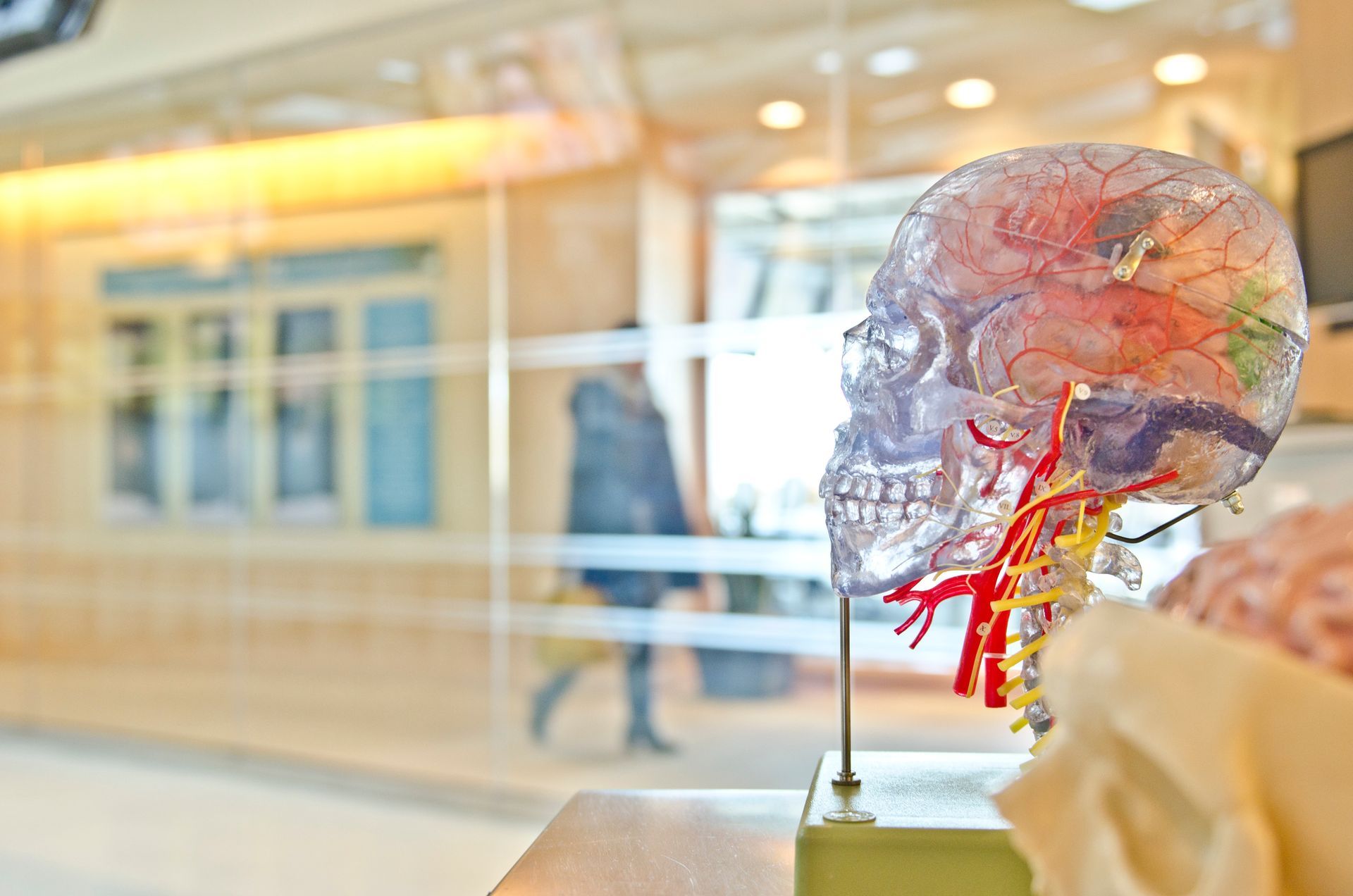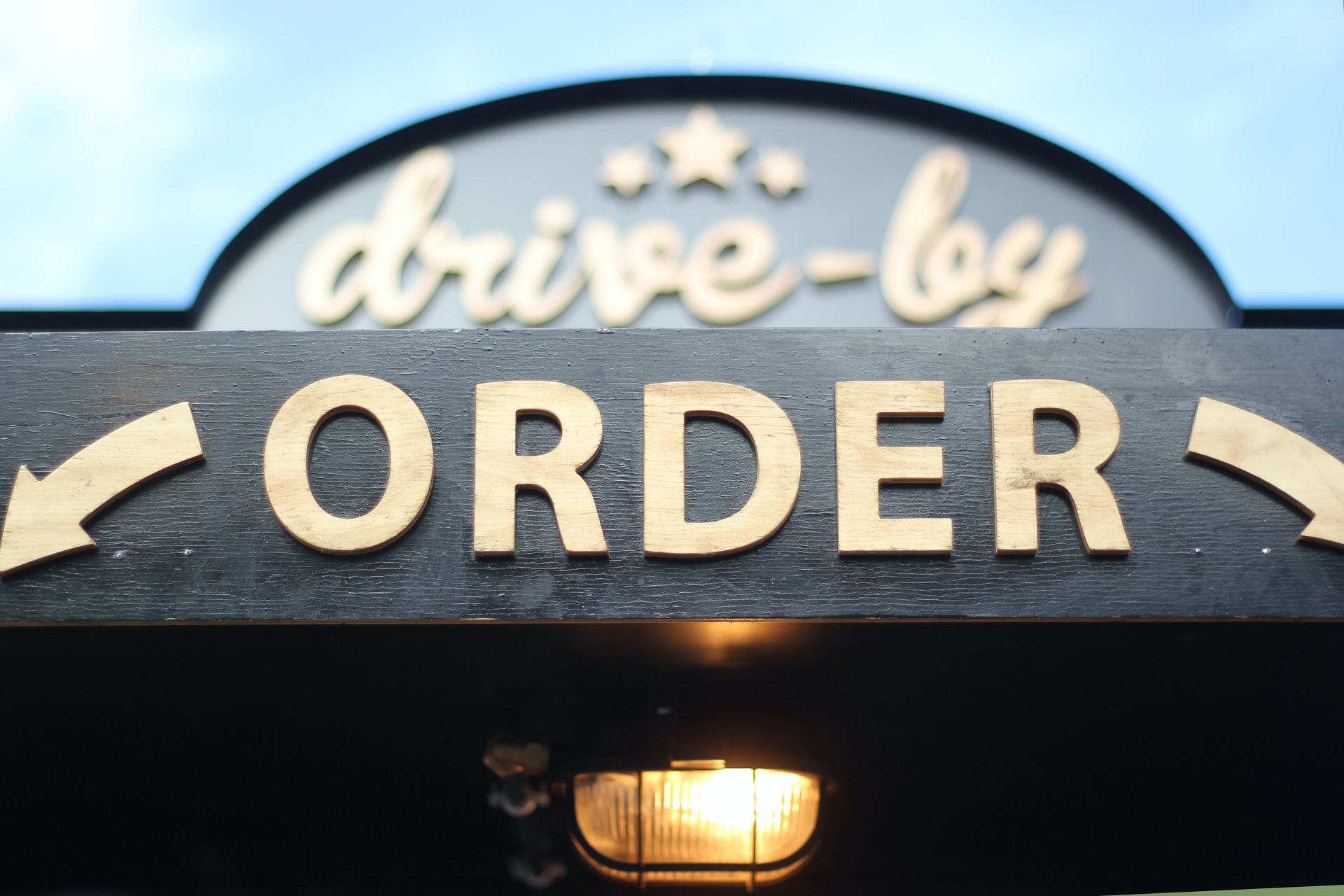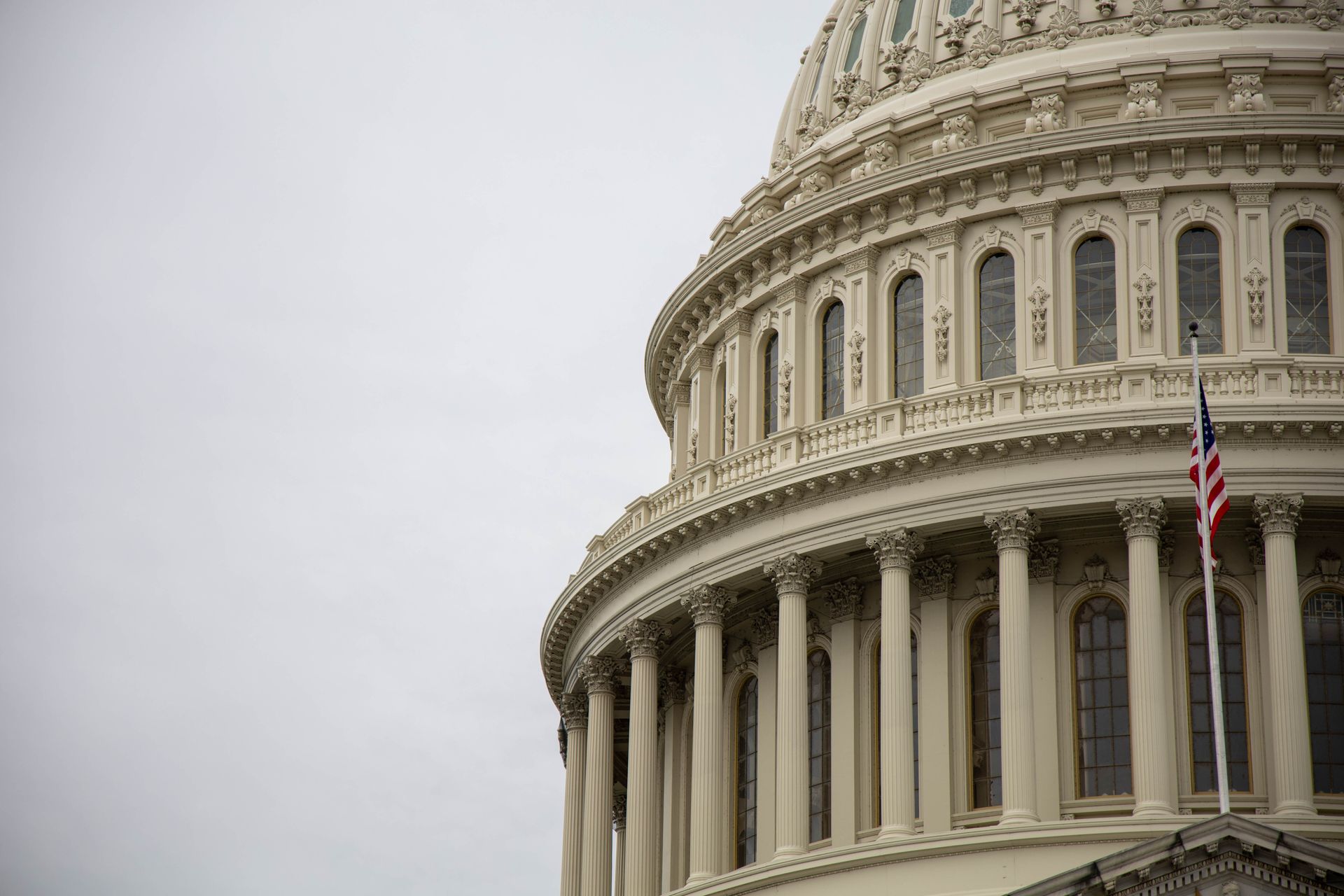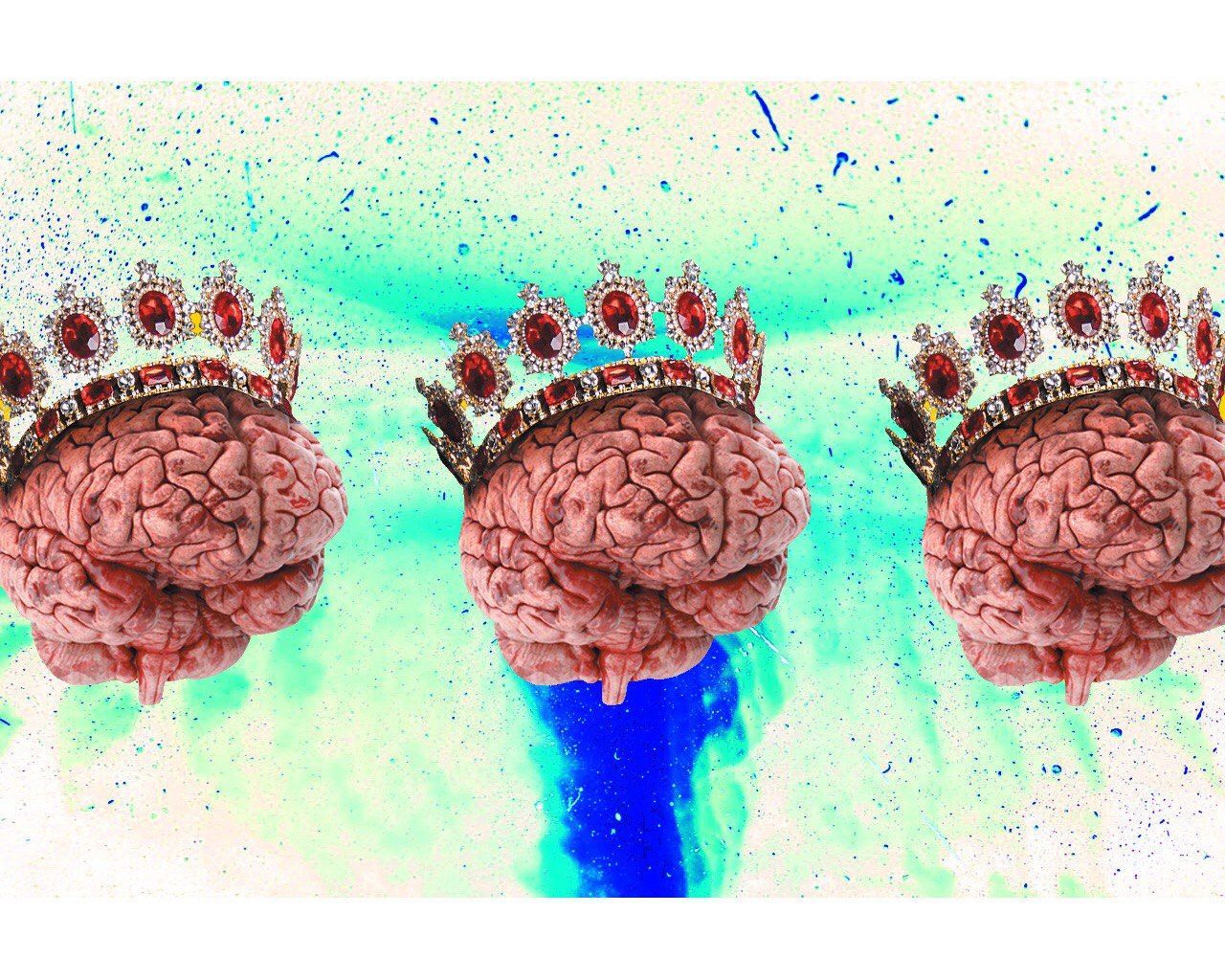Do you believe in luck?
Research on why you should believe in luck!

How lucky are you?
Do you think you’re lucky? Do your friends think you’re lucky? Does it make a difference? I’m here to tell you that it absolutely does make a difference. Simply believing in luck makes a statistically significant difference, but not in the way you think. Believing in luck may or may not make you luckier, I’m still looking into that, but research in the belief luck has shown benefits to believing in luck! Doesn’t mean you’re lucky but you might be better off believing that luck is an option.
In their research article “belief in good luck and psychological well-being: the mediating role of optimism and irrational beliefs” authors Liza Day and John Maltby show evidence of the benefit in believing in luck. They hypothesized that belief in luck may be adaptive and that positive illusions surrounding luck can lead to feelings of confidence control and optimism. After analysis they were correct. So, let’s take a closer look at what they found.
They examined the relationship between belief with depression and anxiety. They found that belief in good luck shared a significant negative relationship association with depression. (r = -.35, p < .01) and anxiety (r = -.29, p < .05). That means that when there is more belief in good luck there is less depression and anxiety. They also explain some of the theories of depression and anxiety that may play a role in this outcome. Optimism, presence of neuroticism, attribution style, and self-esteem are all important factors in depression and anxiety as well as the expression of depression and anxiety. Lastly, they include that belief in good luck can be an irrational belief and that irrational beliefs show positive correlations with depression, more irrational beliefs more depression. (spoiler alert that didn’t happen in the results).
The study used 46 men and 98 women undergraduate full-time students between the ages of 18 and 51, the average age being 23.2 with a standard deviation of 2.5. the scales to test the students were as follows: the belief in good luck scale (Darke & Freedman, 1997), the depression and anxiety subscales of the general health questionnaire 28 (Goldburg &Williams 1991), the revised life orientation test (Scheirer, Carver, & Bridges 1994), the neuroticism scale from the abbreviated form of the revised Eysenck personality questionnaire (Francis, Brown and Philipchalk 1992), the extended version of the attribution style questionnaire (Peterson & Villanova 1988), the 12 item general self esteem subscale of the self-description questionnaire III (Marsh 1990), the 11 item irrational beliefs survey (Watson, Vassar Plemel, Herder & Manifold 1990). The only reason I wrote each measure in the list was to show that it is quite comprehensive. If we want an accurate measure of the belief in luck and its relation to depression, anxiety, and irrational beliefs, all the tests used in this study (although a little old) still gives us accurate results based on how thorough the measures are.
The results: the depression measure shared a positive correlation with anxiety, irrationality, and neuroticism. When one goes up the others do as well. There was also a significant negative correlation between neuroticism and belief in good luck, self-esteem, and optimism. More neuroticism equals less belief in luck, less optimism and self-esteem. The interesting note in the results was that of correlation between belief in good luck with optimism and irrational beliefs. Remember when they thought irrational beliefs would be a bad thing? Turns out when the irrational beliefs are about a good thing in this study the belief in good luck, the irrational belief is helpful to optimism! irrational beliefs with optimism together mediate the relationship between belief in good luck and depression and anxiety. SO…… good irrational beliefs WITH optimism are a hedge against depression and anxiety to some degree. Simply put; belief in good luck shared a positive relationship with optimism and a negative relationship with depression and anxiety. The research shows that irrational beliefs and optimism are important components in the relationship of believing in good luck. To put it even more simply, being optimistic and believing in good luck has the effect of lessening depression and anxiety. So, believing in good luck and being optimistic are GOOD THINGS!
Th research concludes that a more refined study and better measuring of the different factors would help consolidate the findings. Specifically, the irrational beliefs portion as the research found a difference between negative irrational thoughts making concepts worse and positive irrational beliefs like believing in good luck having a lessening effect on depression and anxiety. “Individuals who believe in good luck REJECT the types of maladaptive beliefs usually associated with irrational beliefs and this in turn leads to psychological well-being”.
Good to know, right? Believing in good luck won’t make you luckier, but with that belief and optimism research shows that depression and anxiety go down and psychological well-being increases. Work on being optimistic and start believing in good luck! You don’t have to be lucky, just be optimistic and believe!
Jake O, the mastermind behind Psycho-social.com, a connoisseur of the human mind armed with a psychology degree from Oregon State University (Go Beavs!), bringing you insights into the enigmatic realm of the psyche.
Share down below & subscribe to get updates
Source
Day, L., & Maltby, J. (2003). Belief in good luck and psychological well-being: The mediating role of optimism and irrational beliefs. The Journal of Psychology, 137(1), 99–110. https://doi.org/10.1080/00223980309600602










